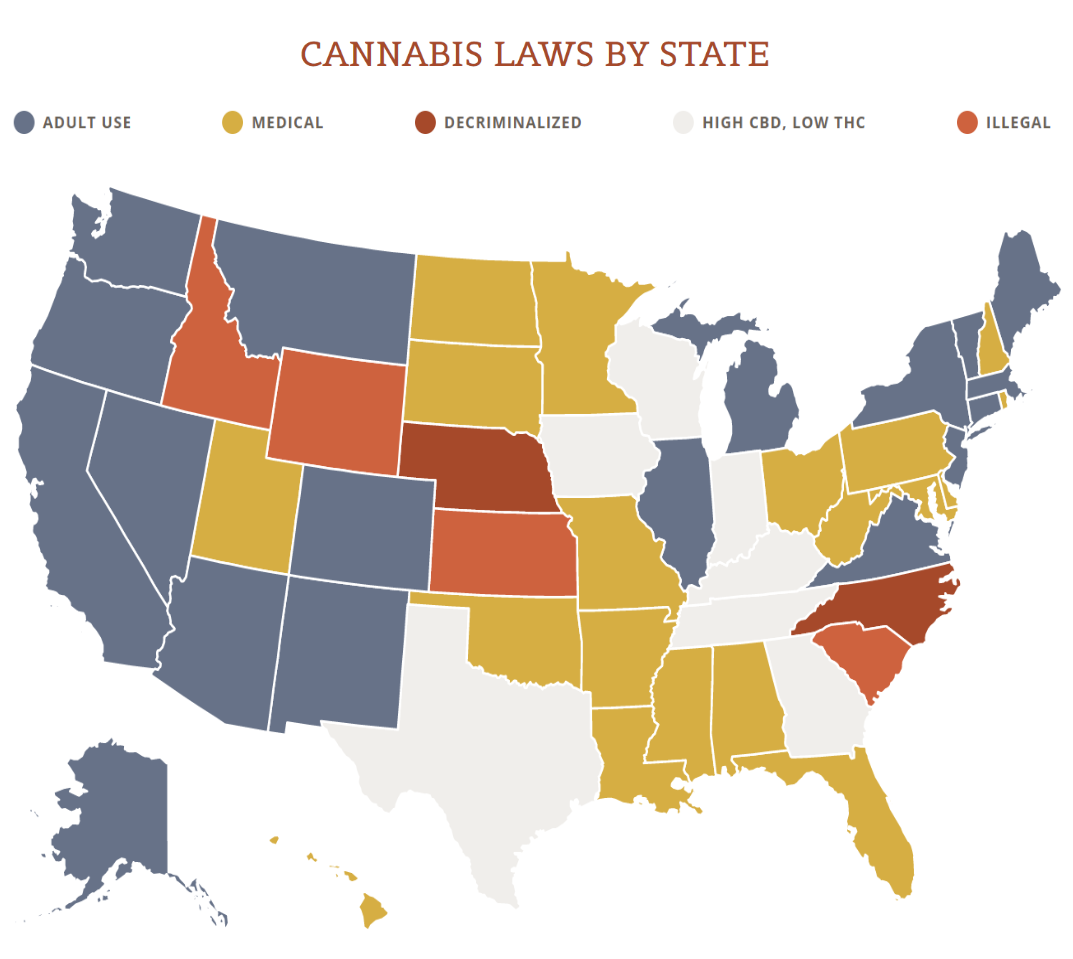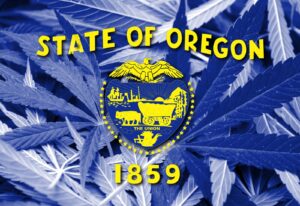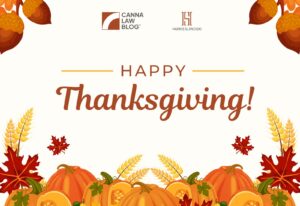People familiar with the Oregon cannabis industry know of its strange and lucrative secondary market for cannabis producer licenses. For the past few years, but especially the past year, we’ve helped many farmers buy and sell these licenses (or, more accurately, “interests in successor licenses”). To be clear, most of these sales involve no equipment, no inventory, no name rights, nothing. Just the right to be licensed in lieu of another producer. We’ve even “pre-sold” a number of these, with four such sales in process as I type. By “pre-sold” I mean we have clients in the application queue and buyers have committed up to $300K for the right to apply for a successor license– after our clients’ licenses issue. It’s a really hot market.
You may ask why people are paying a quarter million dollars or more on the secondary market for license rights that cost ~$5,000 annually from the Oregon Liquor and Cannabis Commission (“OLCC”). It’s a great question. The answer is because OLCC currently is not issuing producer licenses (or any class of license) to most new Oregon cannabis applicants— whether the applicant is an existing licensee seeking to expand its holdings, or a new market entrant. The only way to acquire one of these licenses is to find someone willing to surrender a license of their own, typically via an asset purchase agreement. In such transactions, the buyer purchases all right, title and interest to a successor license, at the seller’s premises or elsewhere. OLCC will process those buyer applications in conjunction with a seller license surrender.
View the US Map of Marijuana Legality
This strange set of circumstances is a long time in the making. From an administrative perspective, it all started with the famous license processing “pause” of June 15, 2018– which is still ongoing for better or worse. But the law that really incited the secondary producer market is Senate Bill 218, enacted in the 2019 legislative session. You can read my summary of SB 218 here. This bill was promulgated in response to well documented oversupply of cannabis in the regulated Oregon market and provides:
“the OLCC may, based on the supply of and demand for marijuana… refuse to issue production licenses… for an amount of time that the commission determines necessary.”
The big question when SB 218 passed was: How long is OLCC going to “refuse to issue production licenses?” Today, the answer seems clear that it will be at least until January 2, 2022, when SB 218 sunsets.
The next question is what happens on January 2, 2022. In our conversations with OLCC staff, they generally acknowledge the Commission will be compelled to accept new producer applications as of January 2, 2022. Whether OLCC processes those applications anytime in the near future, however, is the million dollar (or perhaps $250,000) question. Here are some things to consider:
- There are currently something like 450 pending, “new” (non-change-in-ownership) applications in the OLCC hopper.
- 250 or so of these applications were submitted before the 2018 pause. OLCC has to process these applications, lest it be sued. Some of those applications are for producer licenses.
- After the pause, another 220 or so unprocessed applications have trickled in. Due to SB 218, none of these post-pause applications are for producers.
- A new law, SB 408, provides OLCC may not unreasonably delay “processing, approving or denying a license application” except in limited cases (you can read my summary here).
- In general, with OLCC license processing, the agency’s goal is to assign an unboxed application to an investigator within 30 days (it’s currently a little longer than that), and issue a license within 60 days after that.
So where does that leave us? Well, for anyone looking to start a licensed Oregon cannabis grow, the fastest way to get licensed is still the secondary market. That will probably be the case for a while. Even if OLCC were to lift the pause tomorrow, there are 450 pending submissions ahead of new applicants. There is also no guarantee the agency would process these applications in the order received. At various times in the past several years, for example, OLCC has prioritized certain types of applications over others, with an eye toward market factors.
The next question is probably whether it’s worth paying a quarter million dollars to get planting sooner, especially in a pretty tight market. Assuming a buyer’s intention is not to use the license as cover for more profitable, illicit activity, and assuming the buyer is organized and well capitalized (please don’t try to start one of these businesses for less than $1m), it’s really a question of timelines. Below are some relevant factors, with respect to OLCC processing of submitted, eligible producer applications, as well as applications that may be submitted after January 2, 2022:
- It’s unknown, by OLCC and everyone else, when the Commission will lift the pause.
- When OLCC does lift the pause, it’s unknown whether it will continue to slow-walk certain application types, subject to SB 408 constraints. The Commission may be inclined to do so with producers in particular, in order to protect existing licensees (including outbound sellers).
- It’s unknown what the Oregon legislature may do in February’s short session to influence this situation. I’d say there’s a better than 50% chance we’ll see relevant legislation.
- It’s unknown what will happen with federal legislation, and when Oregon farmers will finally be allowed to ship cannabis interstate.
- If you buy on the secondary market, it’s unknown whether current OLCC “change in ownership” timelines will hold (although it’s been pretty steady since streamlined licensing was implemented; currently OLCC is about six weeks out from assignment for changes).
- If you buy on the secondary market, you could wind up with a problematic sale for any variety of reasons (seller license violations, dishonest or disorganized seller, landlord issues, etc.).
In the near term, people will continue to pay each other for something they would typically get directly from the state. If you are an aspiring Oregon cannabis producer and you need to get in sooner rather than later, the only course of action is to find a willing seller. Alternatively, you can watch things shake out a bit, plan to apply on January 2 and hope the dominos fall in your favor. With a good bit of luck, you might be licensed by this time next year. Or not.
Need Help With Oregon Cannabis Law?


























